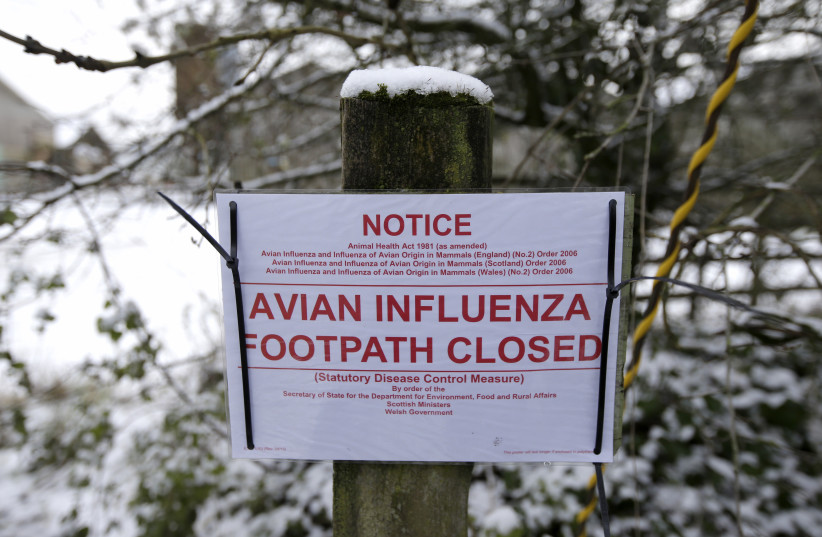A goat was found to be infected with the H5N1 subtype of bird flu at a farm in Minnesota, marking the first such case of bird flu in a domestic ruminant (cattle, sheep, goats, and their relatives) in the US, the Minnesota Board of Animal Health said last week.
In February, bird flu was found in poultry at the farm. The birds were gotten rid of, but earlier in March, the owner of the farm noticed unusual deaths among baby goats at the farm. The goats and birds were in a shared space and had a shared water source.
Only one of the goats on the farm was infected, and the rest tested negative.
The Minnesota Board of Animal Health noted that the risk to the public is “extremely low,” and that “any risk of infection is limited to people in direct contact with infected animals.”
“This finding is significant because, while the spring migration is definitely a higher risk transmission period for poultry, it highlights the possibility of the virus infecting other animals on farms with multiple species,” said Minnesota State Veterinarian, Dr. Brian Hoefs. “Thankfully, research to-date has shown mammals appear to be dead-end hosts, which means they’re unlikely to spread HPAI further.”

Outbreaks of avian influenza have been increasingly reported in mammals as the virus has continued to spread around the world in the past few years.
Since 2021, Europe and the Americas have been suffering from a nearly continuous outbreak of H5N1 avian influenza which has been described as "the largest-ever" on the three continents. The virus has affected tens of millions of birds and thousands of mammals worldwide. Outbreaks of the virus have also become more common in Africa and Asia in the past year and have even spread to Antarctica in recent months.
The World Organization for Animal Health (WOAH) noted earlier this month that, while estimates vary, about 485 bird species and 37 mammal species have been infected with avian influenza since 2021. Only the Pacific Islands, Australia, and New Zealand have been spared from the virus.
“The loss of wildlife at the current scale presents an unprecedented risk of wildlife population collapse, creating an ecological crisis,” noted WOAH.
Fatal case of bird flu reported in Vietnam
Last week, Vietnamese media reported that a university student fell ill with the H5N1 subtype of avian influenza in Ninh Hoa and a few days later succumbed to the virus. A chicken flock was located at his home but the flock tested negative for the virus and no dead poultry were reported in the area near his home. It is as of yet unclear how the man was infected.
